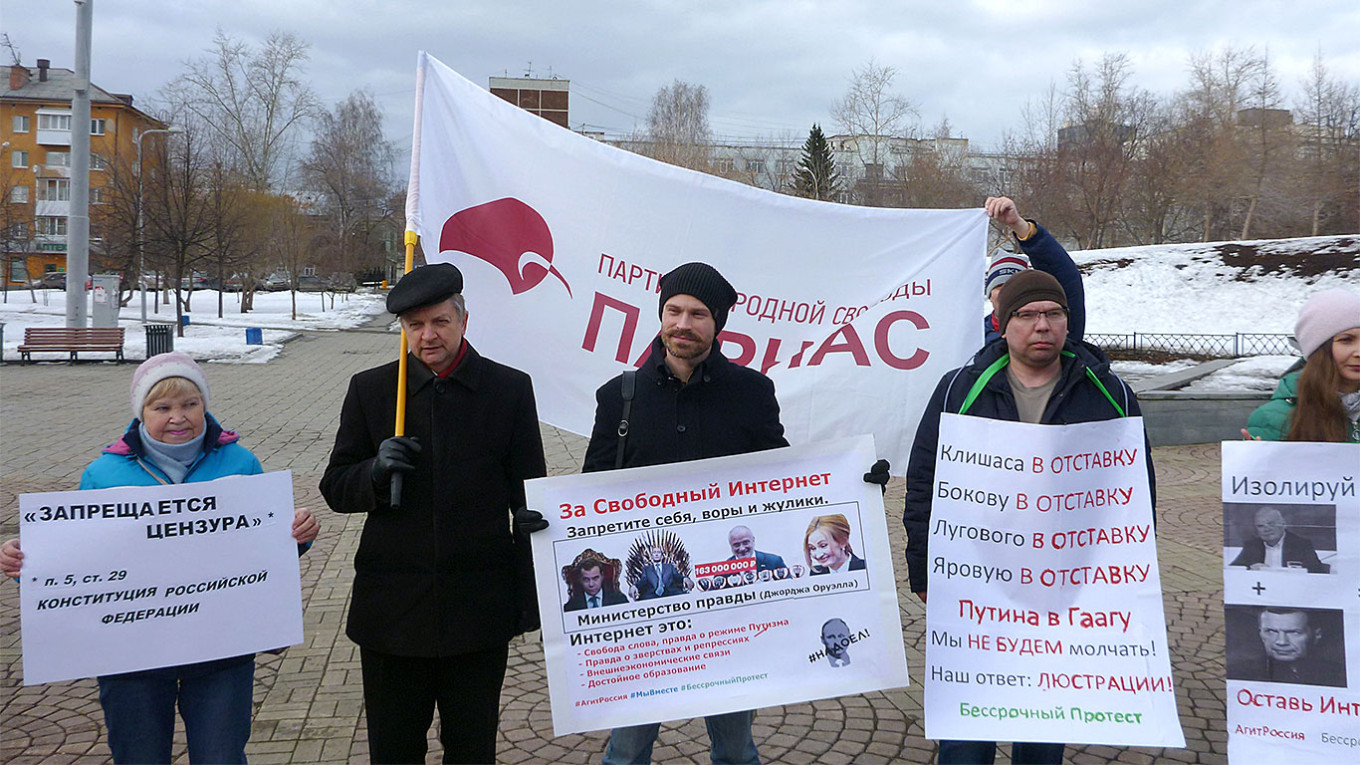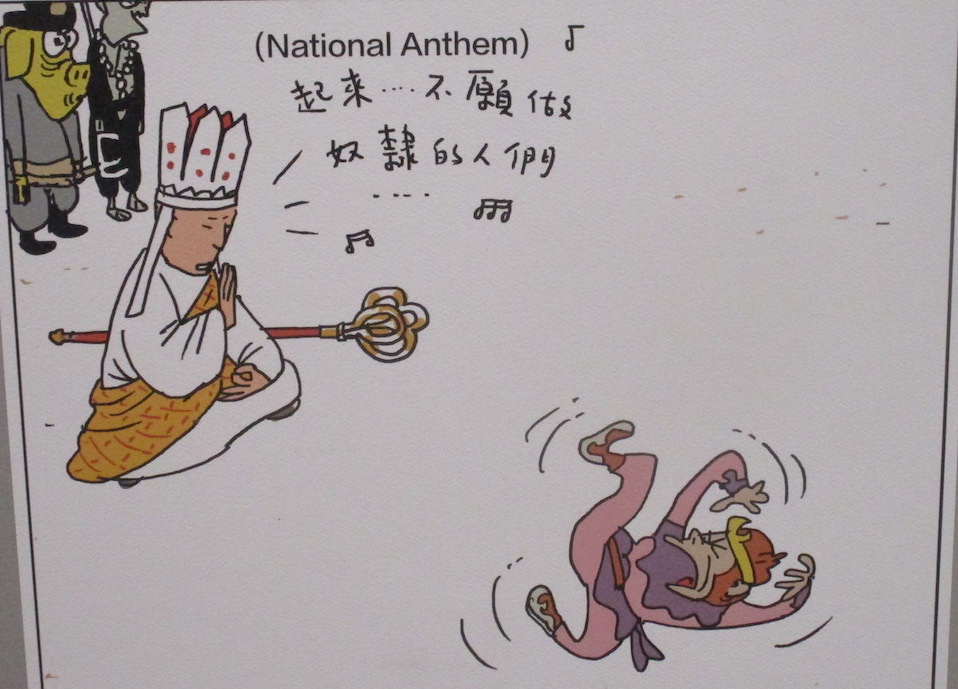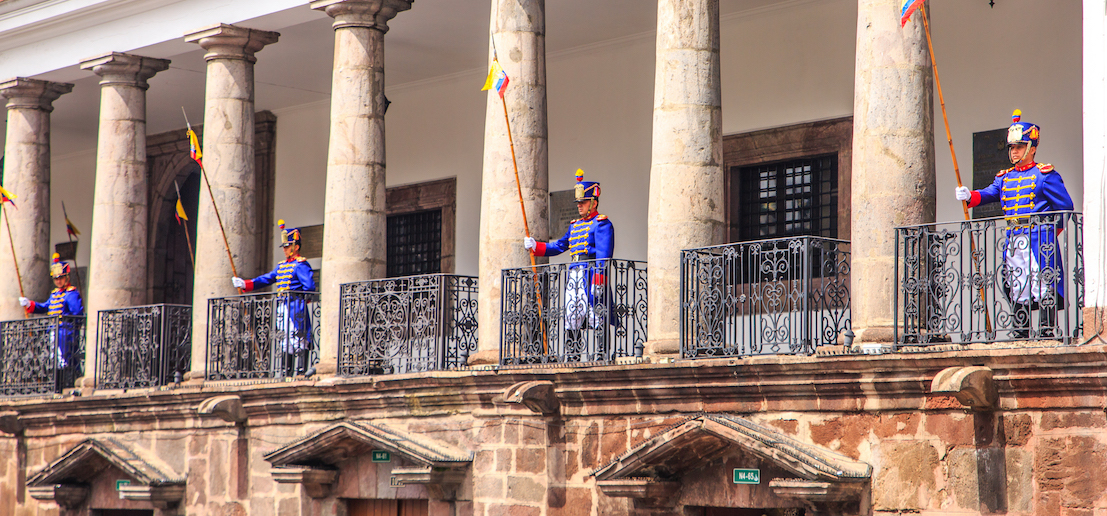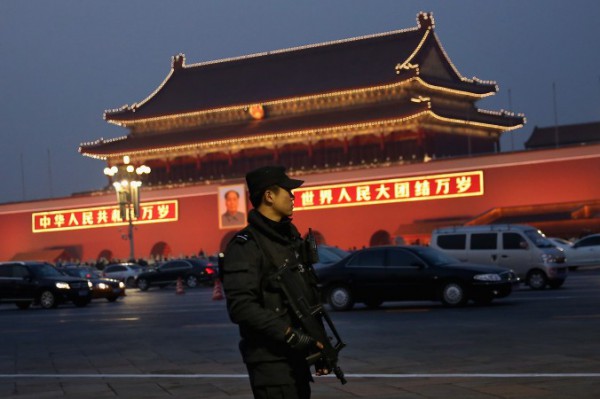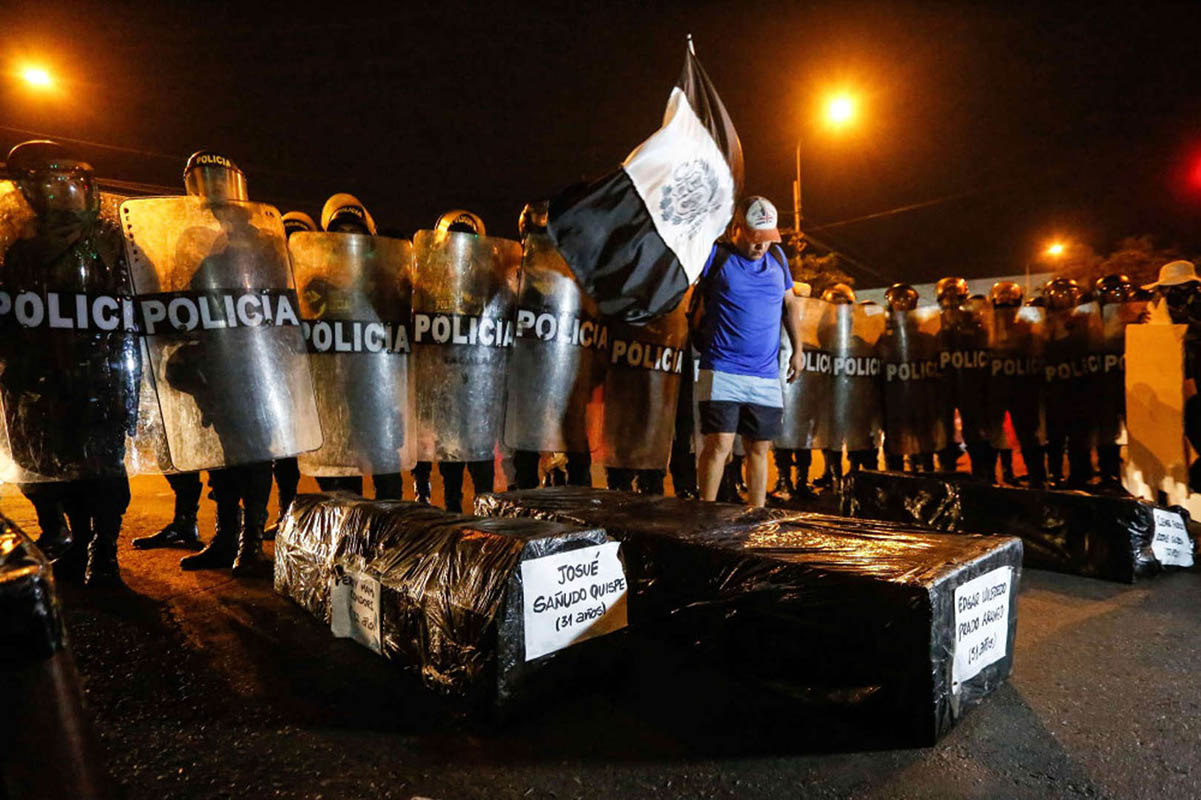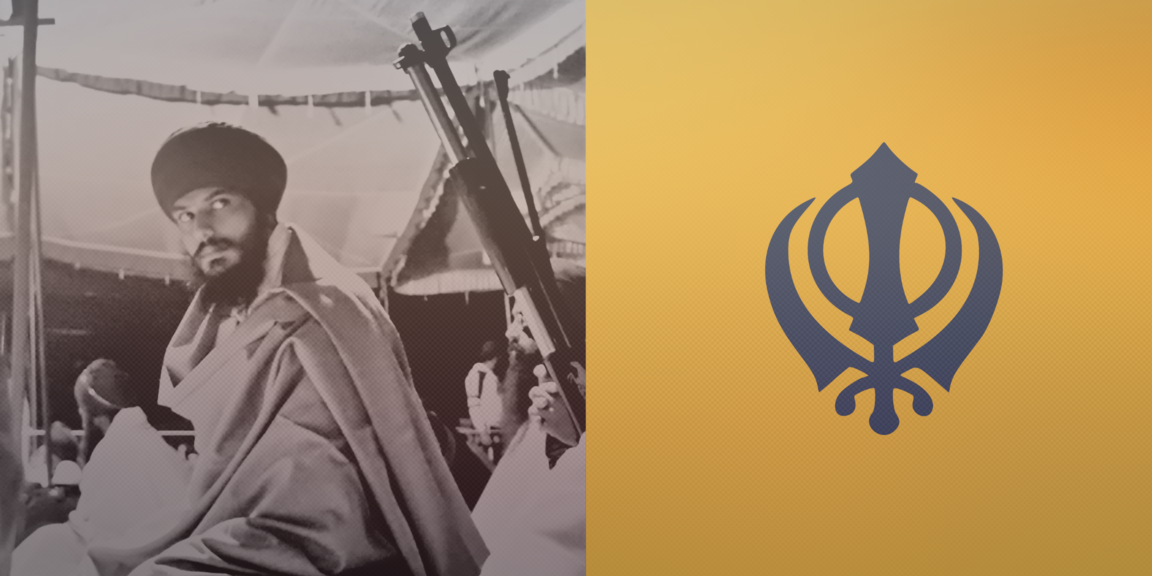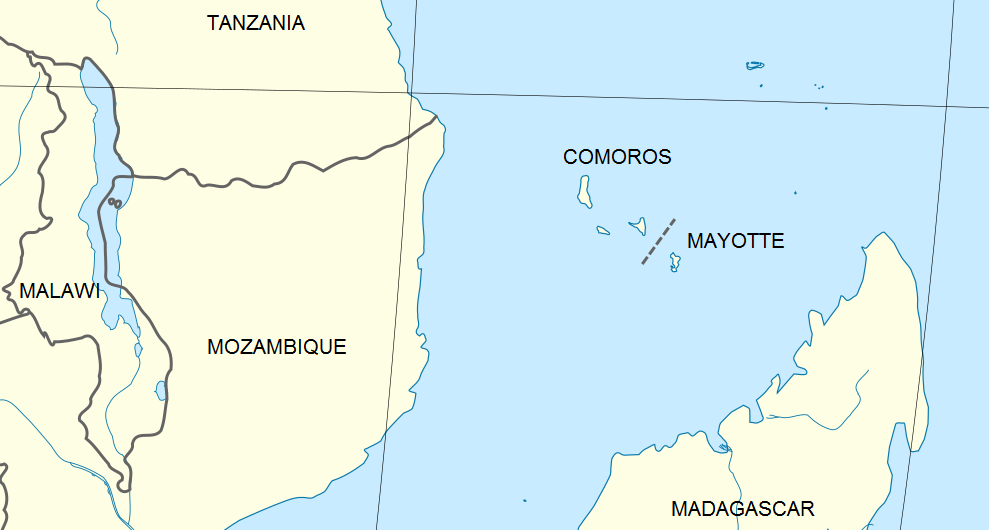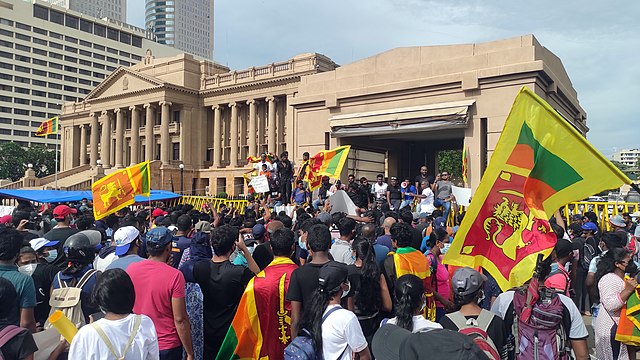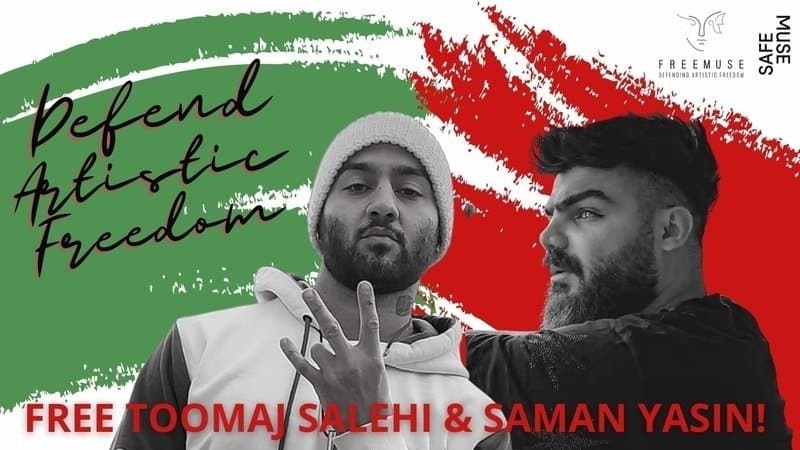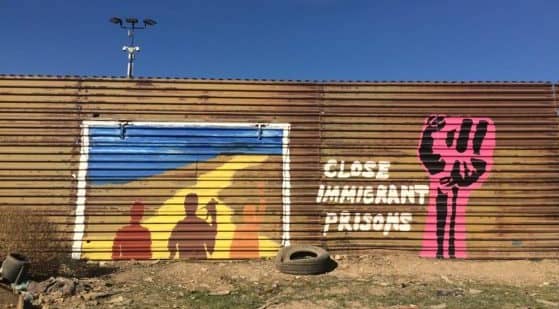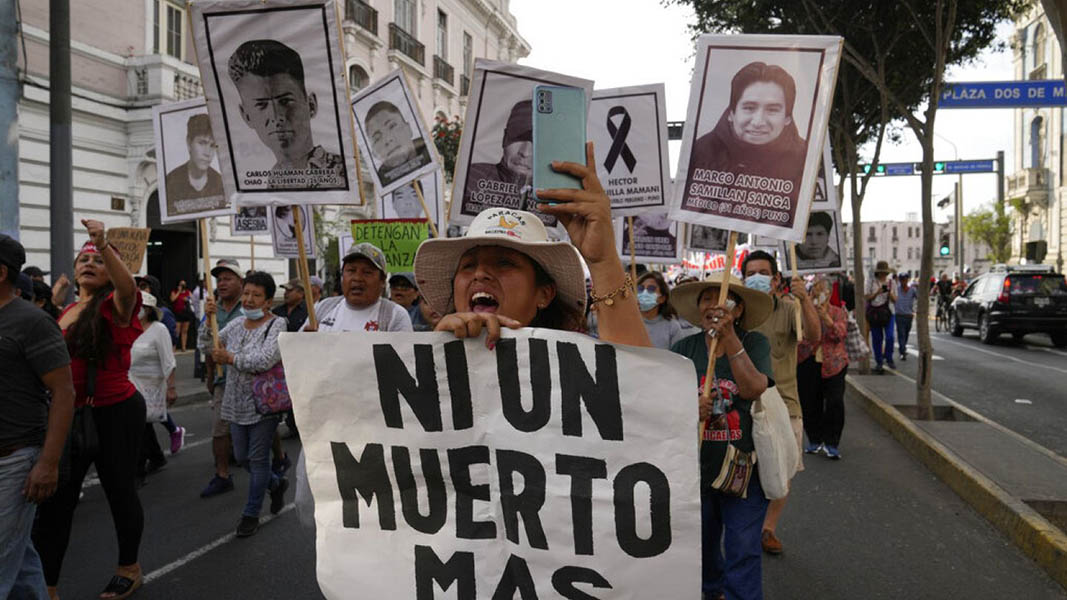
Peru: opposition protests US troop deployment
Peru’s Congress voted to approve Legislative Resolution 4766, authorizing US troops to be stationed on the national territory from June 1 to Dec. 31. Lima lawmaker Alfredo Azurín, president of the Commission on National Defense, Internal Order & Anti-Drug Struggle, said the soldiers will carry out training missions and joint exercises with Peru’s armed forces and National Police. The vote was harshly condemned by former foreign minister Héctor Béjar, who said the estimated 700 US troops will be disposed to support operations by the security forces against Peru’s social movements, now preparing a new mobilization: “It is obvious that the presence of these soldiers is a deterrent, part of a policy of intimidation of the Peruvian people, who have announced new protests for next July.” (Photo: IndymediaArgentina)



